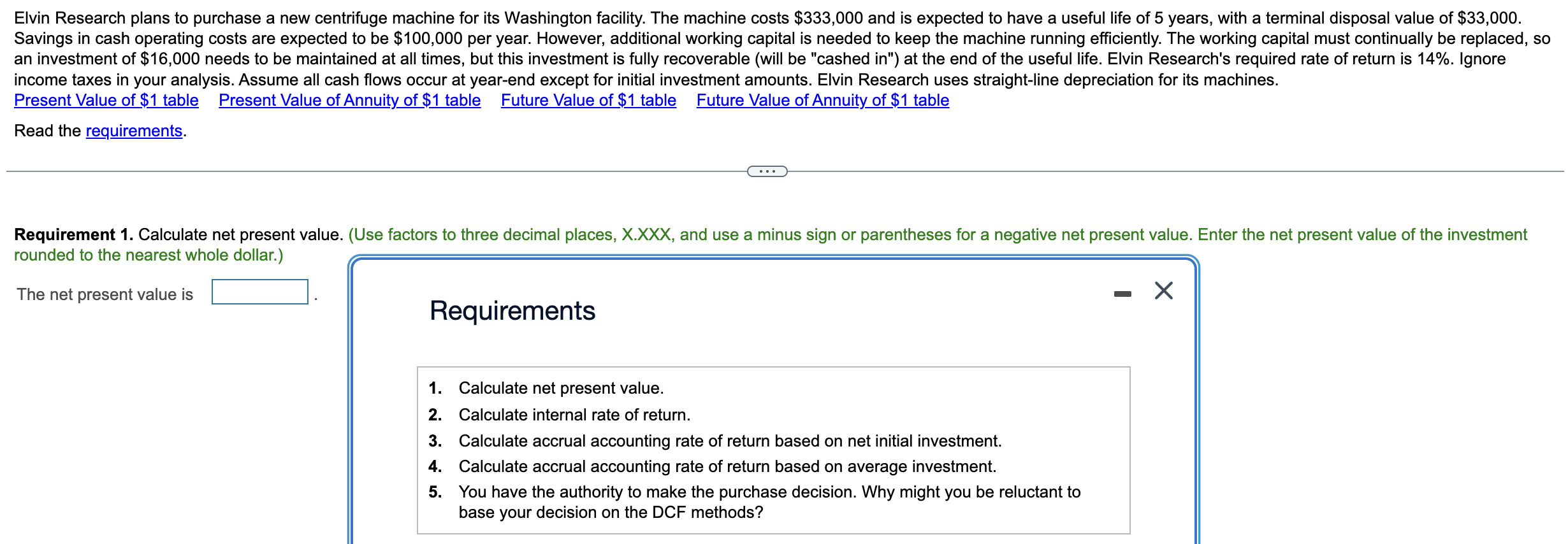Analyzing The Feasibility Of Replacing Income Taxes With Tariff Revenue

Table of Contents
Economic Impacts of Replacing Income Taxes with Tariff Revenue
A complete overhaul of the tax system, replacing income taxes with tariff revenue, would have profound economic consequences. Let's analyze some key aspects:
Potential Economic Growth
Proponents argue that income tax replacement via tariffs could stimulate economic growth. Lower taxes on income and investment could lead to:
- Increased Investment: Higher after-tax profits incentivize businesses to invest more in expansion and innovation.
- Stimulated Consumer Spending: With no income tax, disposable income would rise, potentially boosting consumer spending and driving economic activity.
However, this scenario also presents potential drawbacks:
- Reduced Government Revenue (Short-Term): The transition could lead to a significant short-term decrease in government revenue, potentially necessitating drastic cuts in public services.
- Economic Distortions: A heavily tariff-based system could create economic distortions, favoring certain industries while harming others, potentially leading to trade imbalances.
Impact on Inflation
The increased demand from both consumer spending and investment fueled by the absence of income tax could trigger inflationary pressures.
- Increased Demand: Higher disposable incomes and increased business investment could outstrip supply, pushing prices upward.
- Reduced Government Spending: If government revenue falls, cuts in public spending might negatively impact supply chains, further contributing to inflation.
- Global Economic Factors: Inflation is also influenced by global economic conditions, which must be factored into any analysis.
Distributional Effects
Replacing income taxes with tariff revenue would likely have a significant impact on different income groups.
- Impact on High-Income vs. Low-Income Earners: The effect on high-income earners versus low-income earners is unclear and depends heavily on the specifics of tariff implementation and the resulting price changes of imported goods.
- Role of Tariff Revenue Distribution: How tariff revenue is distributed is crucial. A poorly designed system could exacerbate existing inequalities.
- Potential for Increased/Reduced Inequality: Depending on the design and implementation, this policy could either increase or, less likely, reduce income inequality. Careful consideration is required.
Feasibility of Generating Sufficient Tariff Revenue
The core feasibility of replacing income taxes with tariff revenue hinges on the ability to generate comparable revenue through tariffs.
Current Tariff Revenue Levels
Currently, tariff revenue constitutes a relatively small fraction of total government revenue in most countries.
- Statistical Data: Comparing current tariff and income tax revenue across different countries reveals a vast disparity. Data from the World Bank and national statistical offices are necessary to provide this context.
- Comparison Across Countries: Examining various countries' revenue structures reveals the significant reliance on income tax globally.
- Factors Affecting Current Levels: Several factors impact current tariff levels, including existing trade agreements and global economic conditions.
The Need for Significantly Increased Tariffs
Replacing income taxes with tariff revenue would require a massive increase in tariffs.
- Necessary Tariff Increases: Calculations to determine the necessary tariff hikes to match current income tax revenue would be substantial and complex, requiring detailed economic modelling.
- Impact on International Trade: Such dramatic tariff increases would likely trigger major disruptions in international trade and relationships.
- Retaliatory Tariffs: Other countries would almost certainly impose retaliatory tariffs, potentially escalating into damaging trade wars.
Administrative and Logistical Challenges
Implementing and administering a tariff-based system presents significant logistical hurdles.
- Valuation and Assessment: Accurately valuing and assessing imported goods is a complex process prone to errors and manipulation.
- Administrative Costs and Corruption: Increased administrative costs and the potential for corruption are major concerns.
- Infrastructure and Technology: A robust infrastructure and advanced technology are required for efficient monitoring and enforcement.
Political and Social Implications of Replacing Income Taxes with Tariff Revenue
The political and social ramifications of income tax replacement via tariffs are substantial.
Public Opinion and Political Viability
Public support for such a dramatic change is crucial, but unlikely to be widespread.
- Public Opinion Polls: Surveys and polls on tax reform would reveal likely public resistance.
- Political Feasibility Analysis: Analyzing the political landscape and the interests of various groups shows significant opposition from businesses reliant on imports and consumers who would face higher prices.
- Potential for Political Backlash: Resistance from businesses and consumers could lead to significant political backlash.
International Trade Relations and Global Economy
This radical fiscal policy change would significantly impact global trade and international relations.
- Trade Wars and Retaliation: The risk of trade wars and retaliatory measures from other countries is high.
- Impact on Global Supply Chains: Disruptions to global supply chains would have widespread economic consequences.
- Increased Protectionism: Such a move could trigger a wave of protectionist policies worldwide, further hindering global economic growth.
Conclusion: Assessing the Feasibility of Replacing Income Taxes with Tariff Revenue
Our analysis reveals significant challenges to replacing income taxes with tariff revenue. The economic consequences, including potential inflation and distributional effects, are uncertain and potentially negative. The feasibility of generating sufficient revenue through tariffs is highly questionable, requiring massive tariff increases that would likely trigger trade wars and severely disrupt international relations. The administrative challenges are considerable, and the political and social implications are likely to spark intense opposition. While replacing income taxes with tariff revenue might superficially appear as a simplistic solution, the reality is far more complex and potentially damaging. While this analysis provides a framework for understanding the potential of tariff-based tax systems, further research is needed. What are the realistic prospects of replacing income taxes with tariff revenue? Explore this critical question further.

Featured Posts
-
 Beyonce En Jay Z Uit Diddy Aanklacht Geschrapt
Apr 30, 2025
Beyonce En Jay Z Uit Diddy Aanklacht Geschrapt
Apr 30, 2025 -
 Chto Proizoshlo Na Superboule 2025 Dzhey Zi Teylor Svift Serena Uilyams
Apr 30, 2025
Chto Proizoshlo Na Superboule 2025 Dzhey Zi Teylor Svift Serena Uilyams
Apr 30, 2025 -
 Kham Pha Nha Vo Dich Dau Tien Cua Giai Bong Da Thanh Nien Sinh Vien Quoc Te
Apr 30, 2025
Kham Pha Nha Vo Dich Dau Tien Cua Giai Bong Da Thanh Nien Sinh Vien Quoc Te
Apr 30, 2025 -
 Discover The Best New Cruises From Southern U S Ports In 2025
Apr 30, 2025
Discover The Best New Cruises From Southern U S Ports In 2025
Apr 30, 2025 -
 Ru Pauls Drag Race Season 17 Episode 8 Wicked Preview And Spoilers
Apr 30, 2025
Ru Pauls Drag Race Season 17 Episode 8 Wicked Preview And Spoilers
Apr 30, 2025
Latest Posts
-
 Kawhi Leonard Leads Clippers To Victory Over Cavaliers
Apr 30, 2025
Kawhi Leonard Leads Clippers To Victory Over Cavaliers
Apr 30, 2025 -
 Jarrett Allens Impressive Dunk Cavs Defeat Knicks
Apr 30, 2025
Jarrett Allens Impressive Dunk Cavs Defeat Knicks
Apr 30, 2025 -
 Jarrett Allens Powerful Dunk Leads Cavs To Victory Against Knicks
Apr 30, 2025
Jarrett Allens Powerful Dunk Leads Cavs To Victory Against Knicks
Apr 30, 2025 -
 Cavs Jarrett Allens Le Bron Esque Dunk Highlights Win Over Knicks
Apr 30, 2025
Cavs Jarrett Allens Le Bron Esque Dunk Highlights Win Over Knicks
Apr 30, 2025 -
 Cavaliers Edge Blazers In Overtime Thriller Hunter Leads With 32
Apr 30, 2025
Cavaliers Edge Blazers In Overtime Thriller Hunter Leads With 32
Apr 30, 2025
